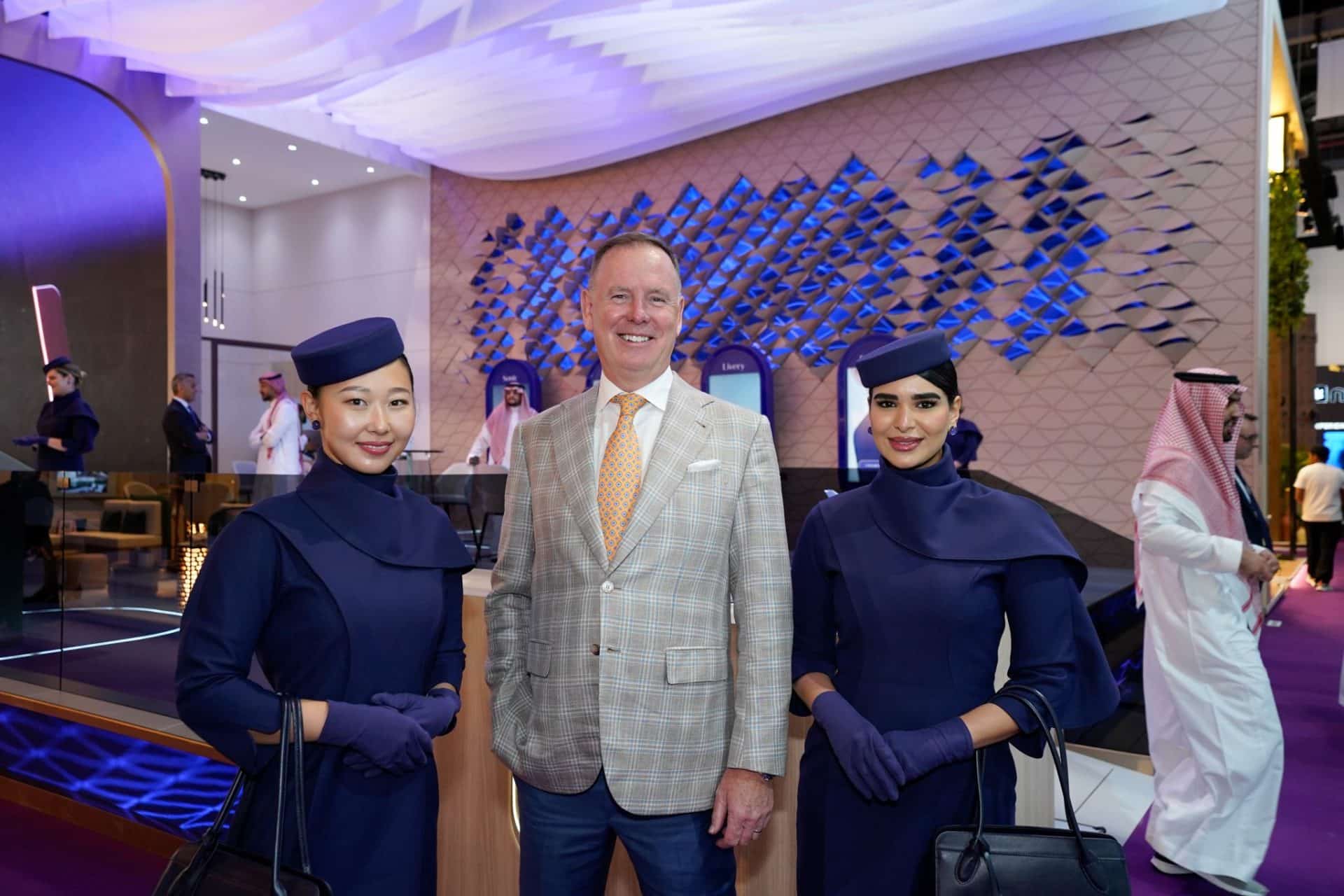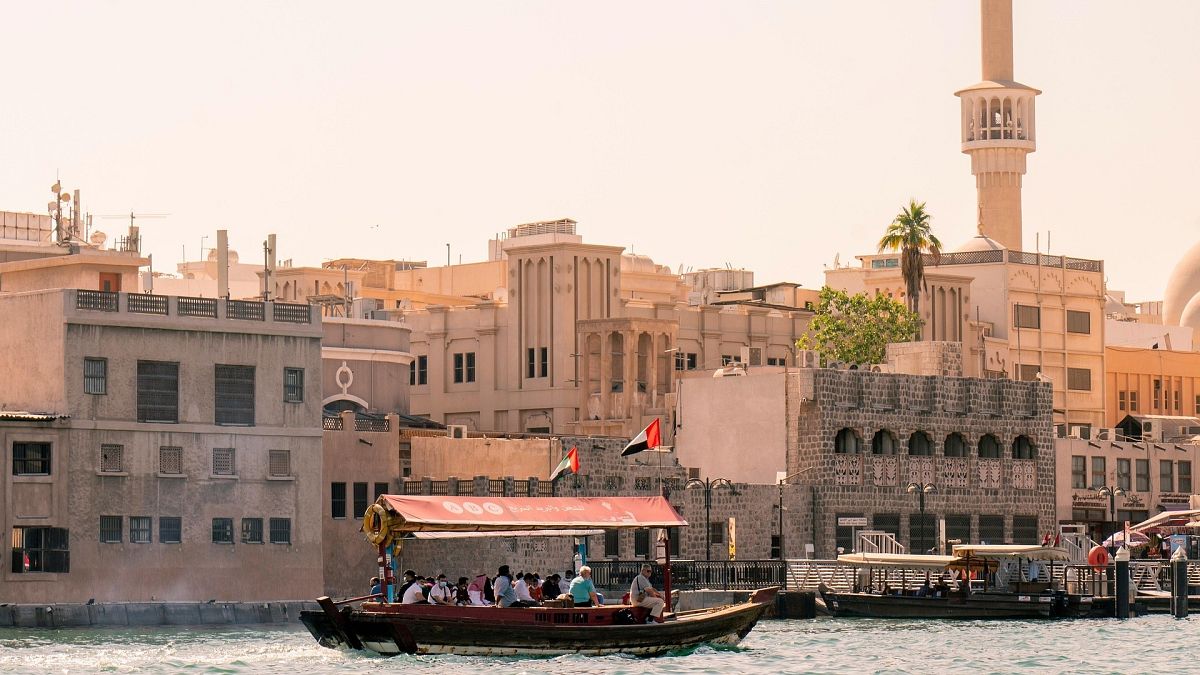Arabian Travel Market Showcases Surge in Asia-Pacific Tourism and Spending Forecasts

The Asia-Pacific (APAC) region is poised to become the driving force behind global tourism growth, with significant increases projected in both international and domestic travel spending. According to data from Euromonitor International, international travel spending is expected to surge to US$2.5 trillion, while domestic travel is set to climb to US$4.3 trillion by 2029. This optimistic outlook was a central theme at the Arabian Travel Market (ATM), where industry leaders emphasized APAC's escalating influence in shaping the future of worldwide travel.
Outbound travel from the APAC region is forecasted to grow at a compound annual growth rate (CAGR) of 7%, with intra-regional journeys anticipated to constitute 61% of all trips by the end of 2025. By 2029, it is projected that one in three trips will originate from outside the APAC region, while a substantial 75% of all bookings are expected to be made online, underscoring a robust trend towards digital adoption in travel planning.
A high-impact panel discussion at ATM, moderated by Mingie Wang of China Daily, convened top industry experts to delve into the future of travel within the APAC region. Panelists, including Alhasan Aldabbagh from Saudi Tourism Authority, Gary Bowerman of Check-in Asia, Boon Sian Chai from Trip.com Group, and Shahab Shayan from the Department of Economy and Tourism, explored critical areas such as evolving traveler behavior, the impact of digital transformation, and the resurgence of outbound travel, particularly from China. The discussion revealed a notable shift in purchasing decisions across APAC, driven by an increasing desire for experiential travel, digitalization, and deeper cultural immersion. This appetite for unique and immersive journeys is fundamentally reshaping how trips are planned, with cultural exploration and local experiences becoming central to consumer choices.
Factors influencing travel decisions are also evolving. Danielle Curtis, Exhibition Director ME, Arabian Travel Market, highlighted that over 60% of travelers are now booking trips around concerts and sporting events, while more than 40% are influenced by digital platforms like TikTok. Film and television are also playing a significant role, as evidenced by a rise in bookings to Thailand following the popularity of "The White Lotus."
Further reinforcing APAC's growth trajectory, a recent report by Tourism Economics on behalf of ATM indicates that tourism nights from Asia Pacific and Africa are set to more than double between 2025 and 2030. Specifically, tourism nights from China to the Middle East are expected to soar by an impressive 189% through 2030. APAC source markets are also anticipated to account for the largest share of business nights in the region, with India emerging as a particularly important market.
Travelers from the APAC region consistently demonstrate the highest per-person daily expenditure globally, spending approximately US$300 across various tourism sectors, including accommodation, food and beverage, and retail. This elevated spending is primarily fueled by Chinese travelers, whose strong purchasing power and appetite for luxury experiences continue to profoundly shape global travel trends and the wider tourism economy.
Dubai is strategically aligning itself to capture a larger share of this high-value market through its ambitious Dubai Economic Agenda, D33. This strategy emphasizes advanced market segmentation and culturally tailored narratives. Dubai’s tourism campaigns leverage digital storytelling via popular regional platforms such as Bilibili and Red Note, ensuring targeted and relatable outreach. The city also benefits from extensive air connectivity provided by carriers like Emirates and flydubai, further enhancing its appeal as a convenient, accessible, and aspirational destination for Asian travelers.
As a relatively newcomer to APAC tourism markets, Saudi Arabia has adopted a highly localized approach. Recognizing the diverse nature of the region, which encompasses 49 distinct countries with varying cultures and preferences, Saudi tourism authorities meticulously study each source market. This involves understanding everything from dietary preferences to cultural nuances, allowing them to tailor travel experiences accordingly. This hyper-local strategy is supported by close collaborations with media, trade, and research bodies, ensuring Saudi Arabia’s offerings resonate authentically with travelers across the diverse APAC landscape.
Technology is playing an increasingly pivotal role in travel decision-making across the APAC region, with consumers heavily relying on digital tools, social media, and Artificial Intelligence (AI). Mobile-first planning is transforming how travelers research and book trips, although the digital landscape varies significantly from country to country. A consistent factor across the region, however, is the paramount importance of trust, especially in peer-generated content, which continues to influence traveler choices at every stage of their journey.
Sustainability has also emerged as a key consideration for younger generations in the APAC region. Research from Trip.com indicates that approximately 30-40% of Gen Y and Millennial travelers are willing to pay more for eco-friendly travel experiences. For these consumers, responsible tourism extends beyond mere carbon offsets and environmental protection, encompassing active support for local culture and heritage, and engaging with traditions in meaningful ways. This reflects a growing awareness among younger generations who seek out trips that align with their ethical and social beliefs.
The Arabian Travel Market (ATM), held annually in Dubai, serves as a crucial global event that fosters growth within the travel and tourism industry. By uniting all travel sectors and verticals, ATM facilitates an estimated US$2.5 billion in business deals each year, serving as a vital platform for innovation, collaboration, and business development. The next edition of ATM is scheduled to take place at the Dubai World Trade Centre from May 4 to 7, 2026, continuing its mission to shape the future of global tourism and spotlight emerging priorities such as sustainability, digital transformation, and market-specific strategies.





